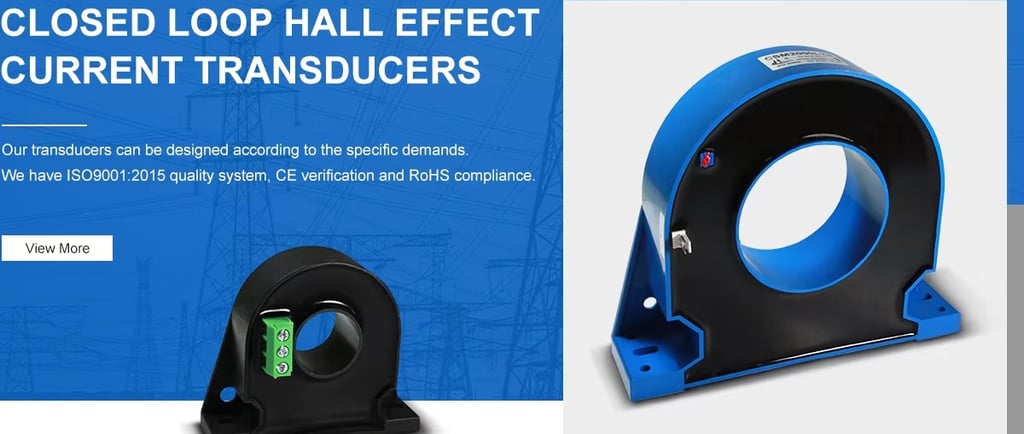Can a Hall Effect Sensor Detect Metal
Curious if a Hall Effect sensor can detect metal? Learn the science behind Hall sensors, magnetic fields, and why detecting all metals isn’t their strong suit.
Azael
7/17/20212 min read


Can a Hall Effect Sensor Detect Metal? Here’s What You Need to Know
Hall Effect sensors are like the superheroes of magnetic field detection, but they do have their kryptonite—non-magnetic materials. So, the big question is: can a Hall Effect sensor detect metal? Let’s dive into this magnetic rabbit hole and clear things up.
First, What’s a Hall Effect Sensor Again?
Before we go metal hunting, let’s recap. A Hall Effect sensor detects magnetic fields and converts them into electrical signals. It works by measuring the Hall voltage that occurs when a magnetic field interacts with a current-carrying conductor.
Translation: magnets + electricity = sensor magic.
The key takeaway? Hall sensors don’t detect objects directly; they detect magnetic fields around objects.
So, Can a Hall Effect Sensor Detect Metal?
The short answer is not exactly. The long answer? It depends on the type of metal. Let’s break it down:
1. Magnetic Metals (Ferromagnetic Materials)
Hall Effect sensors can detect metals like iron, nickel, and cobalt because they’re magnetic. When these materials are near the sensor, they distort the magnetic field, and the sensor picks up the change.
Example: If you’re using a Hall Effect sensor in a motor, it can detect the position of iron or steel components, like gears or rotors.
2. Non-Magnetic Metals (Non-Ferromagnetic Materials)
Here’s where things get tricky. Hall sensors can’t directly detect metals like aluminum, copper, or brass because they don’t interact with magnetic fields in the same way.
But there’s a catch:
If the metal is moving, it can create eddy currents, which generate a secondary magnetic field. In this case, the Hall sensor might pick up these changes indirectly.
However, if the metal is stationary, it’s pretty much invisible to the sensor.
Why Hall Sensors Struggle With Non-Magnetic Metals
Non-magnetic metals don’t have the magnetic properties needed to disturb the sensor’s detection field. It’s like trying to listen to a radio station that’s not broadcasting—there’s just nothing there to pick up.
If you need to detect non-magnetic metals, other technologies like inductive proximity sensors or eddy current sensors are better options.
Where Does a Hall Sensor Shine?
While they’re not great at detecting all types of metal, Hall Effect sensors excel in applications where magnets or magnetic metals are involved. Here are a few examples:
Automotive Systems: Detecting crankshaft and camshaft positions.
Industrial Equipment: Monitoring the speed of rotating components made of magnetic materials.
Consumer Electronics: Flip covers on smartphones that trigger screen activation.
A Funny Thought
Imagine if Hall sensors could detect all metals—your fridge magnets would go haywire every time you walked by with a soda can! Sometimes, being a specialist is better than being a jack-of-all-trades.
When to Choose a Hall Effect Sensor
If your application involves magnetic fields or ferromagnetic materials, a Hall Effect sensor is your best friend. But if you’re trying to detect non-magnetic metals, it’s time to call in other sensor tech.
Final Thoughts
So, can a Hall Effect sensor detect metal? The answer lies in the type of metal and the presence of magnetic fields. While these sensors are incredible at what they do, they’re not universal metal detectors.
But hey, life’s more exciting with a little mystery, right? If you ever find yourself in need of metal-detecting superpowers, make sure you’re using the right sensor for the job. Now go impress your friends with your newfound sensor knowledge!
Related Blogs
Sensors
Quality hall effect sensors for various applications.
Wholesale
Customization
azael@halleffectpro.com
+86-15205190013
© 2012-2024. All rights reserved.
